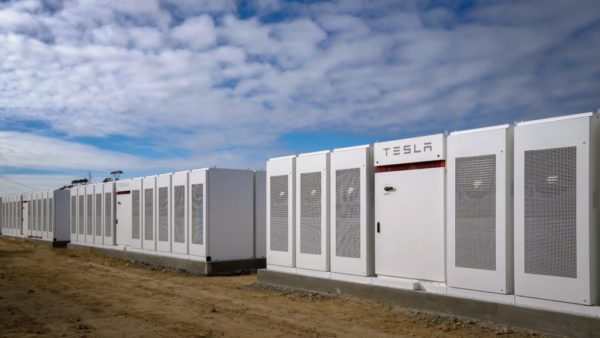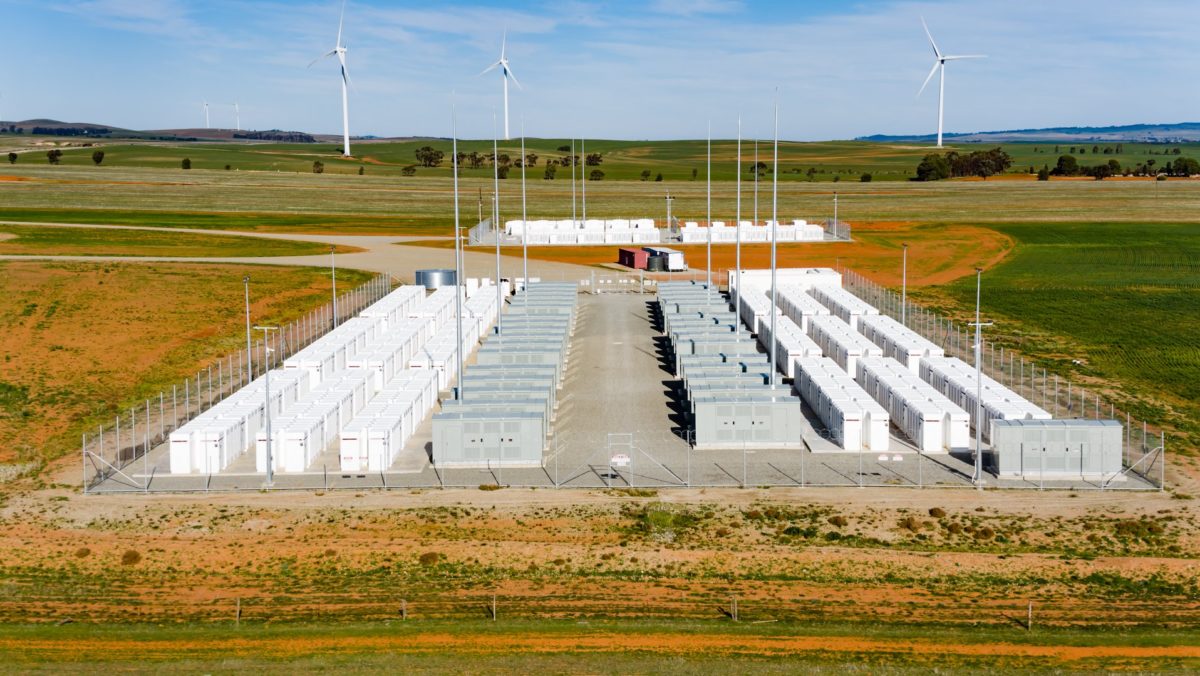Hornsdale Power Reserve (HPR), which is owned and operated by French renewable energy giant Neoen, has been ordered to pay a $900,000 fine after admitting to breaches of the National Electricity Rules related to providing back-up contingency services to the grid in 2019.
The fine, ordered by the Federal Court, comes after the Australian Energy Regulator (AER) brought legal action against HPR, claiming that between July and November 2019 it failed to provide contingency frequency control ancillary services (FCAS) to maintain the safe operations of the grid following power disruptions, despite making offers and receiving payment from the Australian Energy Market Operator (AEMO) to be on stand-by to provide them.
HPR admitted it would have been unable to comply with its offers and provide those services during that period, despite being paid to do so.
The failure was identified when an unexpected outage at the coal-fired Kogan Creek power plant in Queensland in 2019 caused grid disturbances.
The court heard that investigations after the Kogan Creek incident had revealed the battery, also known as the Tesla big battery, had unwittingly been under-delivering on promised stability services since technology provider Tesla had performed a firmware update earlier in 2019.
In announcing the penalty, Federal Court Justice Anthony Besanko acknowledged submissions from HPR that the contraventions were inadvertent and that after the event the company had agreed to repay more than $3.3 million it had received for providing contingency services that it had not delivered over a four-month period.

Image: ARENA
AER chair Clare Savage said the fine would send an important message to the whole market at a time when many new operators were connecting to the grid.
“It is vital that generators do what they say they can do if we’re going to keep the lights on through our market’s rapid transition to more variable renewable generation,” she said.
“It’s what is expected by every household, small and large business across Australia when they pay their electricity bills.
“AEMO relies on accurate information and compliance with offers and dispatch instructions to ensure it can effectively stabilise frequency deviations.”
In another Federal Court ruling handed down this week, Australia’s largest energy retailer Origin Energy has been hit with a record $17 million fine after it was found to have breached energy retail hardship rules.
Origin was fined for failing to comply with their obligations to protect customers experiencing hardship and payment difficulties, having admitted that the automated processes it put in place to assist customers that have trouble paying their bills caused Origin to breach its hardship obligations more than 100,000 times over four years, between January 2018 and October 2021.

Image: iseekplant
The automated system “unilaterally” created and cancelled customer payment plans and increased repayment amounts, without considering a customers’ capacity to pay.
More than 90,000 customers in New South Wales, the Australian Capital Territory, Queensland and South Australia were affected by the breaches.
Savage said the fine, the largest total penalty yet imposed for breaches of the National Energy Retail Law and Rules, “should send a strong deterrence message to all energy retailers that they must maintain and implement their hardship policies in accordance with the law, to protect customers experiencing financial distress”.
“This message is even more important in the current market conditions where customers are facing significant cost of living pressures, including as a result of recent energy price rises,” she said.
Origin was also ordered to pay $200,000 in legal costs.
Also on Wednesday, energy giant AGL was fined $3.5 million for failing to seek approval for critical systems settings on the Hallett 1, 2, 4 and 5 wind farms in South Australia for more than three years, including on the day of the 2016 state-wide blackout.
This content is protected by copyright and may not be reused. If you want to cooperate with us and would like to reuse some of our content, please contact: editors@pv-magazine.com.









3 comments
By submitting this form you agree to pv magazine using your data for the purposes of publishing your comment.
Your personal data will only be disclosed or otherwise transmitted to third parties for the purposes of spam filtering or if this is necessary for technical maintenance of the website. Any other transfer to third parties will not take place unless this is justified on the basis of applicable data protection regulations or if pv magazine is legally obliged to do so.
You may revoke this consent at any time with effect for the future, in which case your personal data will be deleted immediately. Otherwise, your data will be deleted if pv magazine has processed your request or the purpose of data storage is fulfilled.
Further information on data privacy can be found in our Data Protection Policy.